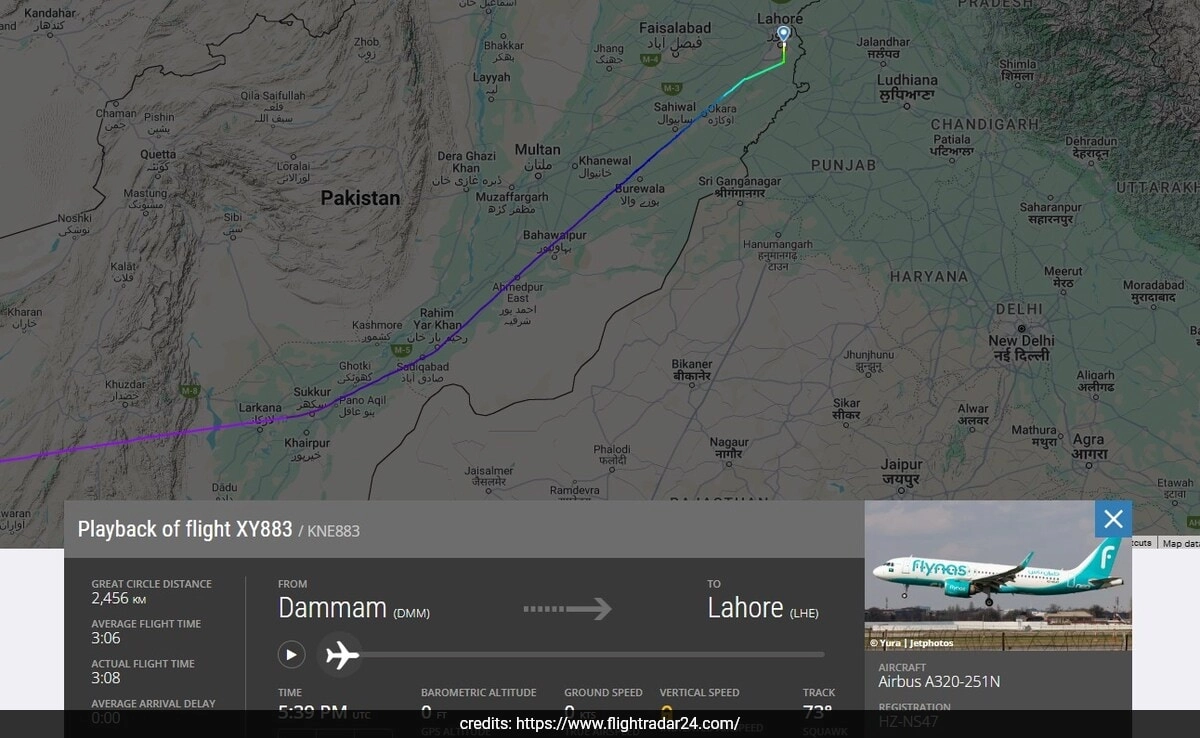The Pakistani government has recently clarified that it did not officially close its airspace, despite widespread speculation and concerns regarding flight operations in the region. Instead, officials assert that civilian flights were utilized as a strategic shield during heightened tensions, particularly in the context of national security. This revelation has sparked discussions about the complexities of air traffic management and the implications for international travel, especially considering the intricate geopolitical landscape that surrounds Pakistan.
In light of recent events, the government emphasized that maintaining open airspace is crucial for both domestic and international aviation. The use of civilian flights as a protective measure was described as a necessary response to security threats, rather than an outright shutdown of flight operations. This approach underscores the delicate balance that Pakistan must strike between ensuring the safety of its airspace and upholding its obligations to facilitate air travel. By not closing the airspace completely, the government aims to demonstrate its commitment to maintaining connectivity while simultaneously addressing security concerns.
The decision to leverage civilian flights as a shield raises important questions about the nature of airspace security and the responsibilities of governments in safeguarding it. While the intention may have been to protect passengers and aircraft, the implications for airlines and travelers can be significant. Airlines may face disruptions, increased costs, and logistical challenges as they navigate the evolving situation. Furthermore, travelers may experience delays or cancellations, leading to frustration and uncertainty in their travel plans.
In conclusion, the Pakistani government’s assertion that it did not close airspace but rather employed civilian flights as a shield highlights the intricate dynamics of aviation security in a region marked by geopolitical tensions. As the situation evolves, it remains essential for authorities to provide clear communication to airlines and travelers alike, ensuring that all parties are well-informed and prepared for any operational changes. The balance between security and connectivity will continue to be a crucial aspect of air travel in Pakistan and the broader region.




